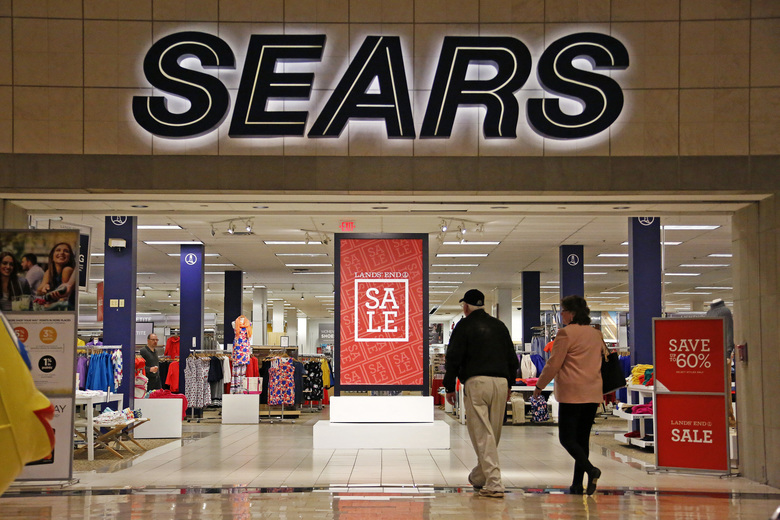228
NEW YORK — Sears, once the monolith of American retail, says that there is "substantial doubt" that it will be able to keep its doors open.
Company shares, which hit an all-time low last month, tumbled more than 5 percent before the opening bell W




